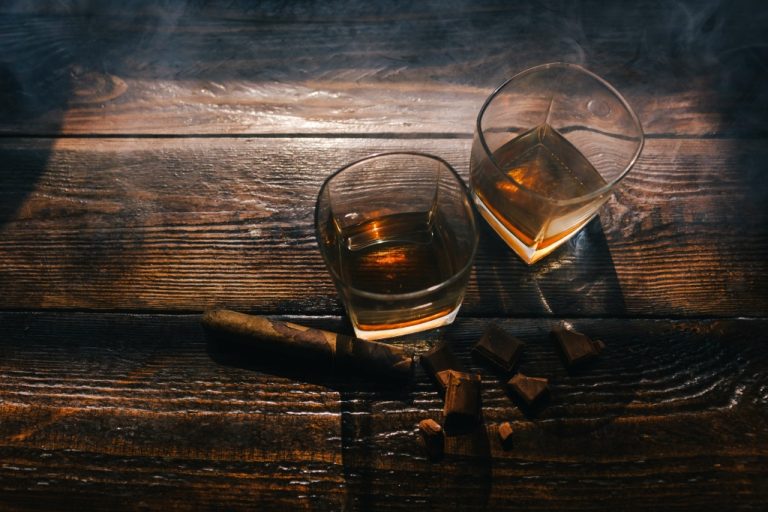These things release the same feel-good chemicals in your brain as alcohol. They won’t make you feel intoxicated like alcohol but they may make you feel happier and more relaxed. It can also help you plan for situations where you’d usually be drinking. Nicola says it’s during the third stage of sleep, known as deep sleep, that you release growth hormones and testosterone and activate the glymphatic system, which is the brain’s waste clearance system. For example, if you usually have a glass of wine when you get home from work, try something new, like taking a walk or doing a yoga class.
Many who consume alcohol do so to cope with stress, anxiety, and depression, but experts say this is counterintuitive and that drinking can increase these symptoms. Heavy drinking not only increases your risk of dementia and Alzheimer’s disease, it also raises your risk of cancer, according to the Centers for Disease Control and Prevention (CDC). But even one drink a day, considered moderate drinking, increases your risk for certain types of cancer.
Tips for Those Trying to Stop Drinking
Always think about the
benefits of quitting alcohol and how they will improve your life. It may also help to think about the negatives
that alcohol causes. With a realistic strategy, support and faith, you can quit drinking and begin
alcohol recovery.
You can opt-out of the sale or sharing of personal information anytime. Toast the sesame seeds in a small sauté pan over medium heat, stirring frequently, until fragrant, about 1 minute. In a small saucepan over medium heat, combine the toasted sesame seeds and the vinegar, then add the salt and sugar. Add the juice and shrub, fill the glass with ice, and stir to combine. Combine the syrup, lime juice, and coconut milk in a cocktail shaker.
Is Dry January really worth it if people resume their normal drinking habits when the month ends?
As for the health effects, White says it’s been clear for a long time that heavy drinking takes its toll, but now there’s emerging evidence that — even for moderate drinkers — a break from alcohol can be beneficial. “There is early evidence that even taking a one month break from fairly how to take a break from drinking low levels of consumption reduces some burden on the liver,” White says. While that amount is generally thought to be okay for your health, having more than that on a regular basis isn’t. The thing is, it’s easy to go above moderate levels of drinking is a mainstay of your social life.

Dry January also helps to break ingrained drinking habits, such as a having a glass of wine every day after work. People who drink less heavily, though, will likely start to feel better after a few days of sobriety. Although alcohol helps you fall asleep faster, it impairs the overall quality of your sleep. By not drinking, you will most likely wake up each morning feeling more rested, Dr. Nixon said. Think about why you are making changes to your drinking—to lose weight, feel healthier, save money, sleep better, or prevent that Sunday morning hangover. Many who try the 31-day challenge find it becomes easier with time to adopt a low- or no-alcohol lifestyle as a result.

